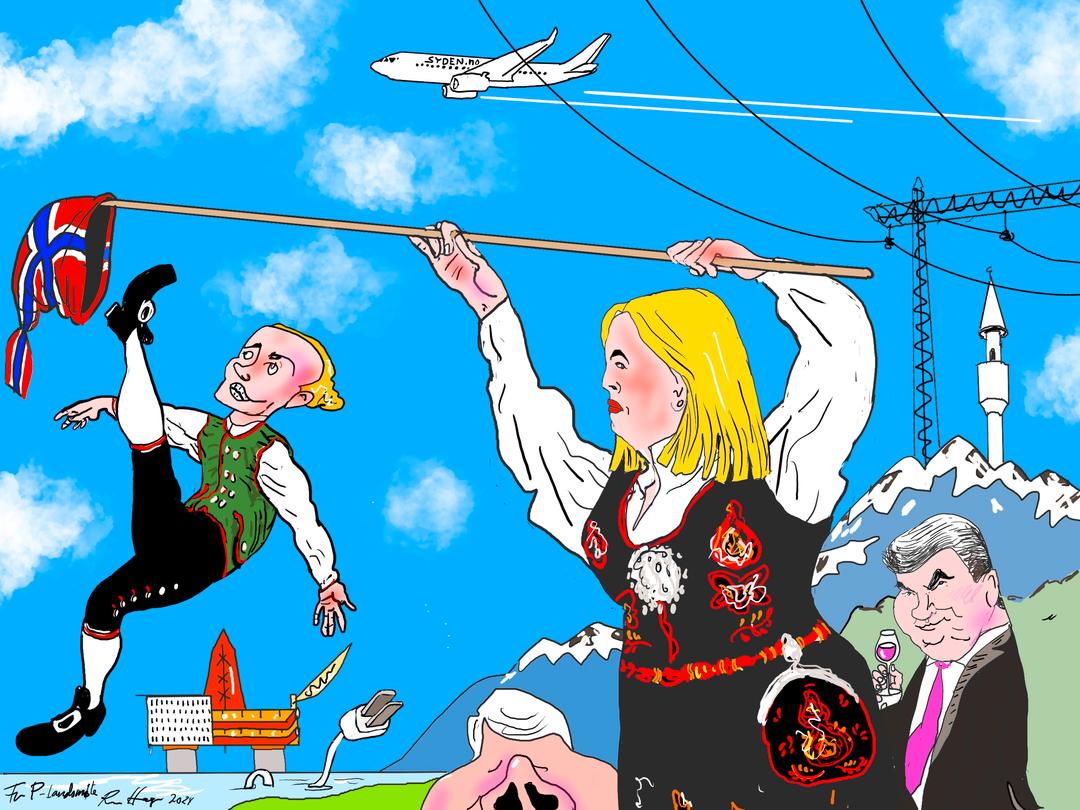featured

Sylvi Listhaug’s Political Transformation: From Provocateur to Mainstream Leader
Before becoming a party leader, Sylvi Listhaug was an inspirational politician. She kept making comments that could not be eaten and that created a bad atmosphere in the civil partnership, and that was too much …

Sylvi Listhaug’s Political Transformation: From Provocateur to Mainstream Leader
Before becoming a party leader, Sylvi Listhaug was an inspirational politician. She kept making comments that could not … Read more

Joshua Jaffa: Journalist for The New Yorker Reports on War in Ukraine
Joshua Jaffa is a journalist for the influential publication “The New Yorker” who regularly goes to Ukraine, spends … Read more

Study Finds Link Between Owning Cats and Schizophrenia Risk: How Toxoplasma Gondii is Responsible
Having cats before the age of 25 doubled the risk of schizophrenia. The parasite Toxoplasma gondii, present in … Read more
Feyyaz Uçar Talks New Coach Search and Future Plans After Beşiktaş Victory
Making a statement after Beşiktaş’s victory over Ankaragücü, Feyyaz Uçar made important statements about the search for a … Read more

Marcella Zalianty Enjoys Vacation with Family in Magelang: Photos and Outfit Details
Do you remember Marcella Zalianty? This beautiful actress took the small screen by storm in the 2000s. Now, … Read more



